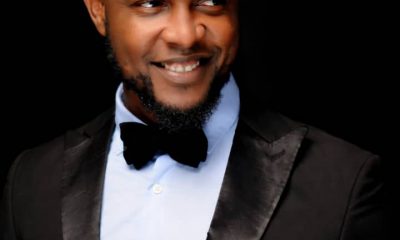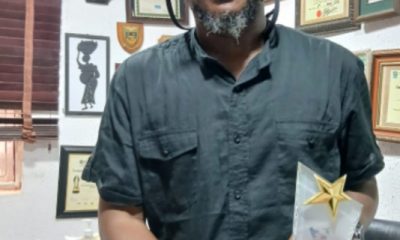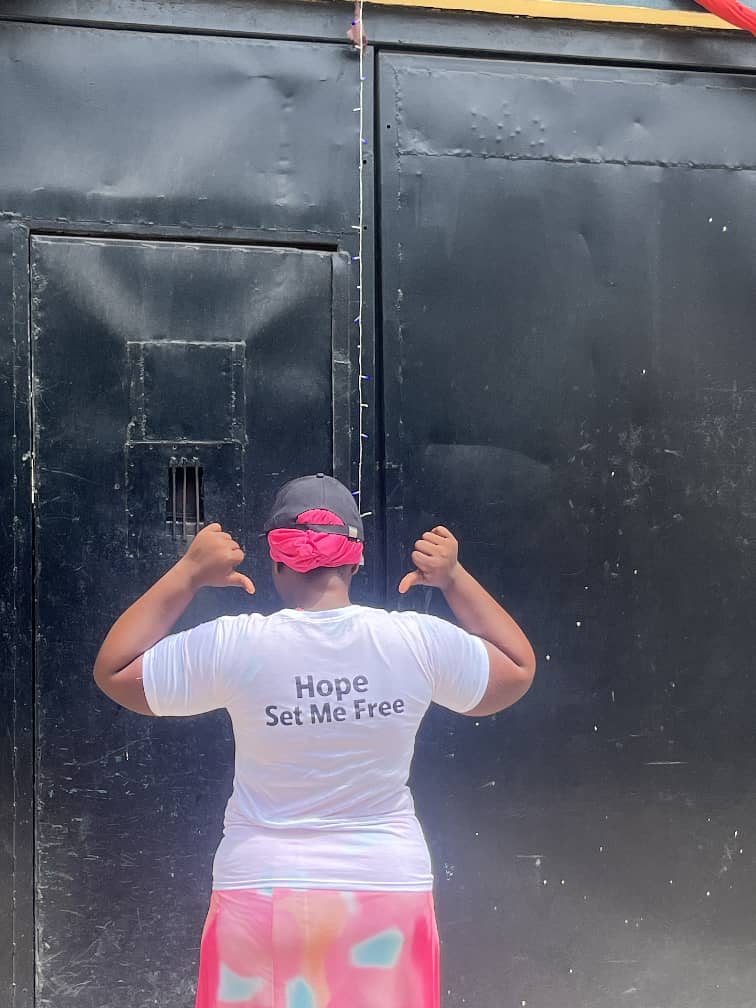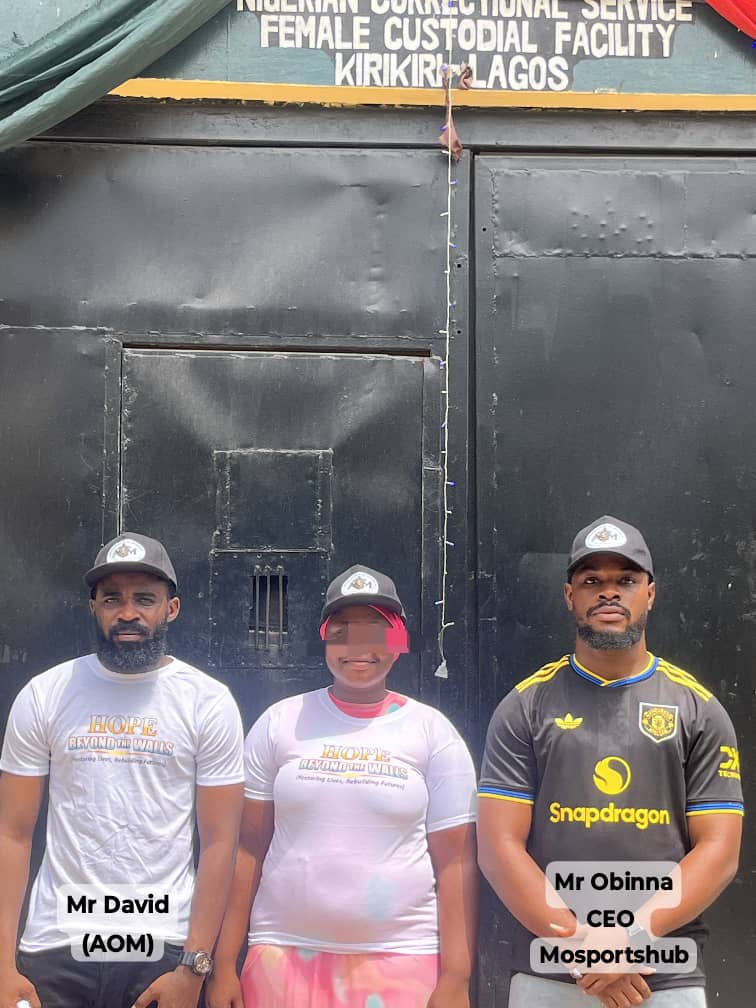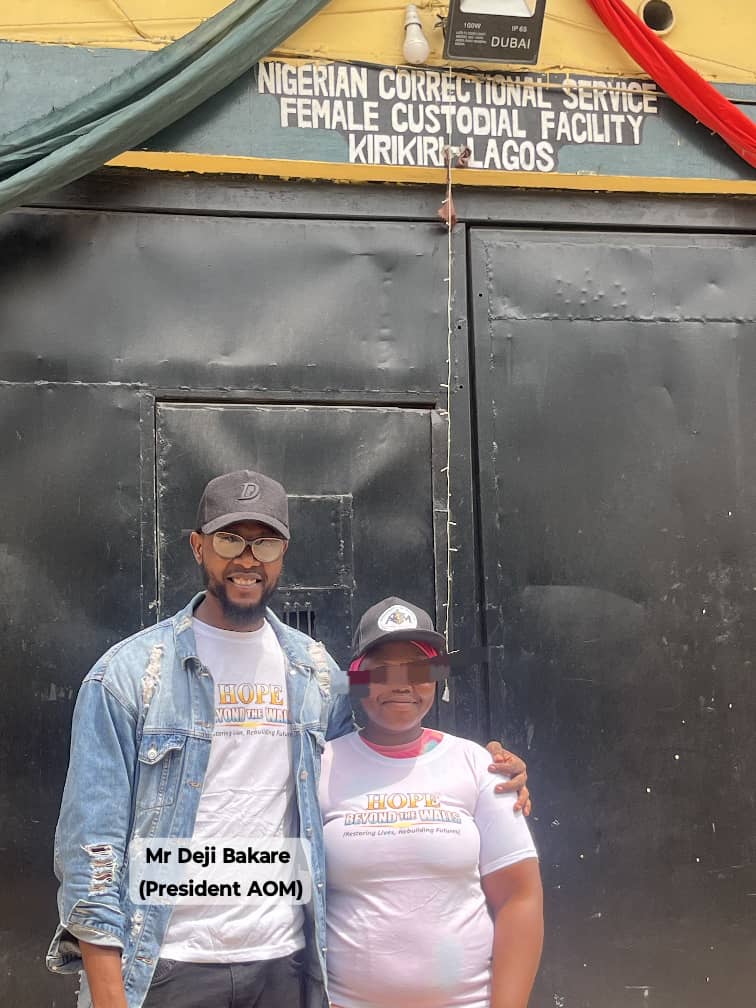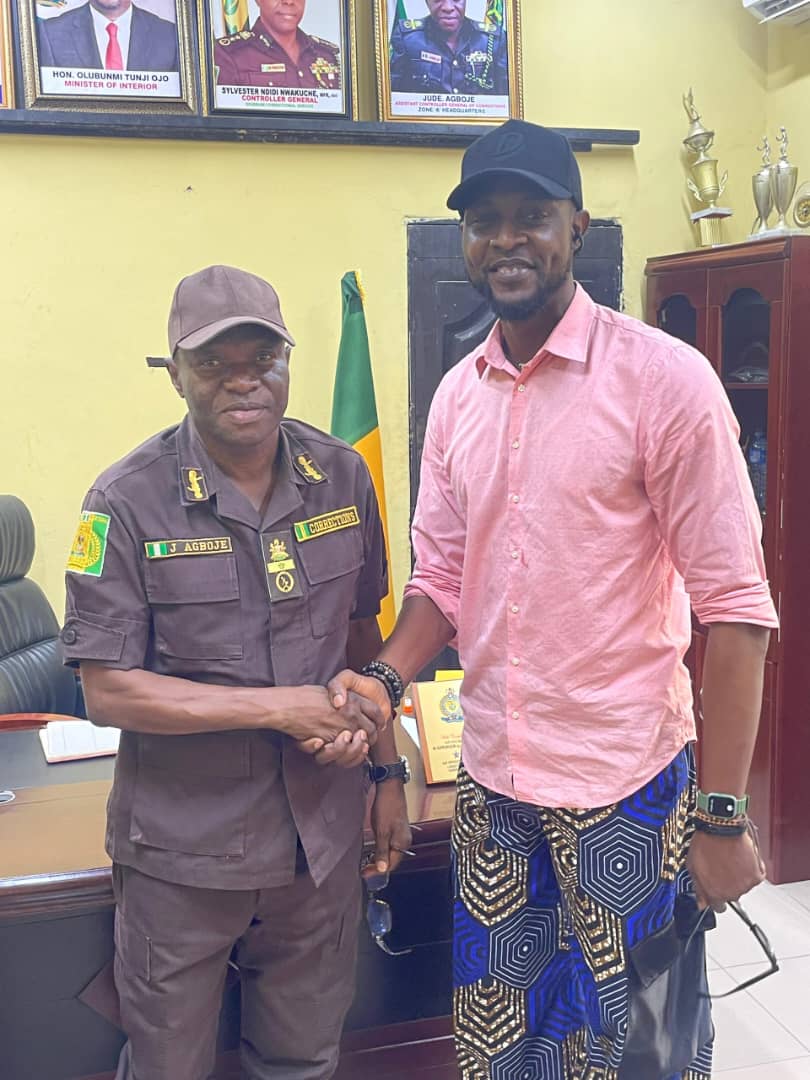society
SEVEN DAYS IN ZAMFARA
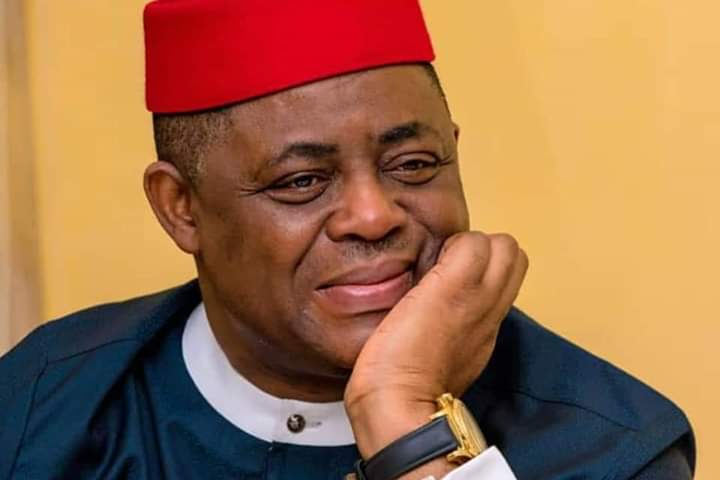
I give thanks to God for bringing me back home safely after spending seven wonderful, memorable and historic days in Gusau with my friend and brother, His Excellency Governor Bello Mohammed Matawalle of Zamfara state.
I was received in Zamfara with joy, love and kindness wherever I went and I was treated as if I was a son of the soil. It really was awesome and I was humbled and surprised.
The overwhelming majority of the people of Zamfara state are warm, humble and kind-hearted and I urge every Nigerian to visit the state to see it for themselves.
During the course of my trip I saw the wonderful things that Matawalle has done in the state over the last one year since he came to power and how he has restored peace in most parts of the state and brought hope, joy, strength, confidence and prosperity to the people.
Whilst there I learnt about the massive gold and diamond reserves and mines in the top soil of the state which, once the ban on mining is lifted and after proper development and extraction, will eventually propel Zamfara to be the richest and most prosperous state in Nigeria.
I also visited one of the three massive Ruga settlements that were under construction and discovered how this initiative has resulted in a lasting peace process and healing amongst the various hitherto warring communities in the state.
I saw the massive infra-structural development that is going on in the state and witnessed the strong collaboration that exists between the state and Federal Government to fight and crush the local terrorists by deploying soldiers and police in strategic locations.
I went to every nook.and cranny of the state and when I paid a courtesy call on His Royal Majesty, Alhaji Garba Tambari, the Emir of Maradun, I was warmly received and treated to a massive and sumptuous lunch at the palace which was attended by hundreds of people.
This was a great honor for me and I was touched by it. What made it all the more moving was the fact that the Emir had been in the defunct National Party of Nigeria with my father and he knew him well. We had much to talk about!
The following day His Royal Majesty, Alhaji Muhammad Makwashe, the Emir of Shinkafi, and the Shinkafi Emirate Council conferred me with the ancient and historic title of Sadaukin Shinkafi, which means the “warrior/hero” of the Shinkafi Emirate.
I was deeply humbled by this great honor and this is all the more so because I never expected it. I thank his Royal Highness and the Emirate Council for the confidence they have bestowed in me and I pledge to live up to their expectations and build bridges of peace, mutual respect and harmony between our various communities and people.
After meeting so many other leaders in the state and exchanging views and ideas with various political groups and NGO’s I spent much of the time resting, thinking and meditating about the importance of peace, bridge-building, unity and understanding in our country which are sentiments that my brother Governor Matawalle also cherishes and holds dear.
We spoke extensively into the early hours of the morning virtually every night and we agreed to build bridges between the north and the south and between members of the Christian and Muslim faith in order to save Nigeria and pull her back from the brink.
I might add that this is something that he has been in the forefront of doing well before he became Governor and I am glad to see that he has continued, with even greater zest and zeal, after he became Governor.
It could well be that this is precisely why God removed his predecessor in office and put him power. The Lord never makes mistakes and His timing is always perfect.
In my view the path that Matawalle has chosen proves his quality and worth as a leader and I have a feeling that over the next few years he will play a critical role in the affairs of this country and will be instrumental in keeping her together.
In order to make Nigeria a just, noble, civilised, humane and equitable society that regards every single Nigerian as being equal regardless of tribe or faith we must identify those on both sides of the north/south divide that are moderate, reasonable and rational, that believe in fairness, equity, justice and equality and that understand and appreciate the importance of peace, unity, mutual respect and understanding
Once we are in a position to identify such people we must then resolve to join forces and work with them in our quest to build a better, greater, fairer and safer Nigeria in which all of our compatriots can live in peace and harmony.
It is because Matawalle believes in this that he and I are close and have been so for years.
Thankfully there are many other leaders in the core north that think like him such as Colonel Abubakar Dangiwa Umar, Governor Bala Mohammed, Governor Aminu Tambuwal, Alhaji Sani Shinkafi (Wambai Shinkafi), former Governor Ahmed Makarfi, Alhaji Tanimu Kabiru Turaki SAN, Ambassador Bashir Yuguda, former Governor Sule Lamido, Col. Sambo Dasuki, General Aliyu Gusau and Alhaji Kashim Ibrahim Imam.
These are reasonable, rational and enlightened men who have a deep knowledge of history, a keen sense of justice and who represent the last hope for Nigerian unity.
I say this because, unlike some that are in power in our country today, they do not believe in using violence as a means to an end and neither do they believe in or are part of any hidden religious or ethnic agenda.
They do not believe in hegemony, suppression, subjugation, tyranny or racial and religious domination and persecution and they see themselves as being Nigerians before being anything else.
These are the type of people that those of us with like minds from the south can work with, join hands with and build a new Nigeria with. We have a duty to our respective people and an obligation to our God to do no less.
Most importantly, as leaders, we must never be led, moved or motivated by hate or pain but rather by compassion, understanding and a deep appreciation of the virtues of decency, equity and justice.
We must give hope and inspire rather than encourage division and endless strife. We must attempt to heal the wounds of the past rather than attempt to inflict new and even more painful ones.
It is leaders that have this mindset, regardless of their faith or where they come from in the country, that can save Nigeria from a frightful and dangerous implosion and total collapse.
If we fail to identify and build bridges with such leaders Nigeria is not only doomed but is also destined for a long and terrible war which no sane person wishes for and which will not augur well for our people.
Worst of all is the fact that no-one will ever win such a war: we will all lose and we will all end up shedding tears for many years to come.
This is why we must build bridges no matter how difficult it may be and no matter how many hurdles may be put in our way.
We must build bridges regardless of the insidious motives and misconceptions that many that know no better and that have been poisoned, embittered and blinded by hate have attributed to those of us that have opted to indulge in such a noble gesture and exercise.
We must build bridges even though a few shallow, undiscerning, feeble-minded, misguided, naive, gullible, ignorant and politically-motivated individuals believe and see our quest as nothing but an exercise in futility and a total capitulation to tyranny and injustice.
We must build bridges even though the extremists on both sides of the divide shall hate us and cast aspertions on the character of those of us that seek to do so.
We must build bridges because everything, including the future and very existence of our people, depends on it.
The easiest path to tread in any controversy or complex situation is one of conflict, acrimony, confrontation, extremism and ultimately violence and war. We have all trod that path in the past in various degrees but, if pursued to the bitter end, it leads to nothing but mutual annihilation and utter destruction.
Both Islam and Christianity confirm the wisdom and beauty of dialogue and bridge-building and only the enlightened can appreciate the fact that dialogue does not mean capitulation.
An attempt to make peace and engender good relations with those that have like minds and similar values cannot be described as cowardice, betrayal, compromise or weakness.
As a matter of fact the opposite is the case and it is rather those that refuse to seek peace and build bridges and that refuse to even talk to those that they perceive wrongly and erroneously as their adversaries and life-long sworn enemies that are the cowards.
Followers can afford to harbour such irresponsible sentiments but leaders cannot do so because it would result in drastic and dire consequences.
I believe that it is appropriate and wise to always extend a handshake where one is offered. Only the mad and blind and those that trade, thrive and derive sadistic pleasure in the shedding of innocent blood and the destruction of lives and property refuse to do so.
Such people have no place in a civilised society or at the table of peace and we should not allow their negative rantings and cynical disposition to distract or deter us from making that peace and building that bridge.
On my 6th day in Zamfara Matawalle and I went to Sokoto state to meet with our mutual friend and brother Governor Aminu Tambuwal where we spent the night.
Again we had fruitful and productive discussions about how to move the country forward and I was once again received with nothing but love and understanding.
Contrary to the expectations of many Sokoto is actually a very peaceful and beautiful ancient town and all those I met there treated me with love and respect.
Before leaving Sokoto and in the company of the two Governors, I paid a courtesy call on His Eminence, Muhammadu Sa’ad Abubakar IV, the Sultan of Sokoto.
I was deeply humbled by his kind words, wise counsel, deep knowledge and insight and genuine warmth and I thank him for receiving me.
This was the first time that I had the privilege of meeting with the Sultan and I was very impressed with his deep and profound understanding of the complex issues that our country and people are faced with and his remarkable knowledge and recollection of our history.
The Muslim community in Nigeria is blessed with a truly great and wise leader who is worthy of nothing but the greatest respect and the highest honor.
I am convinced that as long as we have political leaders and traditional rulers that are ready to work together and that are prepared to communicate regularly and dialogue frankly and candidly, no matter how hard that might be and no matter what we may have said and done to each other in the past, there is still hope for Nigeria.
We must forgive one another for past hurts and slights and we must attempt to put our differences aside and recognise our common humanity. That ought to be the guiding principle and focus as from today and it shall certainly be mine.
There is no gain saying that in all faiths, in all races and in all tribes we have both good and bad. Not one tribe or faith is free of evil men and not one is made up of solely demons or angels.
All tribes and races have both and what is reckless, dangerous, unacceptable and indefensible is for us to demonise a whole race or a whole faith simply because of the actions of a few. And to a large extent many of us have been guilty of doing that in varying degrees over the years.
I am committed to continue to resisting all forms of evil and tyranny, to speaking for the voiceless, to defending the defenceless and to stand for the oppressed just as I have been doing, at great risk to my life and liberty, for many years.
That will never change and neither will I ever compromise or prostitute my principles and values. I will never compromise with evil or betray my faith and neither will I ever bow before hegemony or tyranny.
I will never be a slave to anyone or allow others to enslave my people and neither will I ever give up on or forsake the struggle for freedom, equality, liberty and equity in our country.
I will continue to resist and speak against all forms of subjugation and injustice in the South and the Middle Belt but henceforth I will also speak up for the many victims of oppression, mass murder, ethnic cleansing, slaughter, injustice, wickedness and genocide in the core north as well.
They are also being butchered and slaughtered like flies by evil souls, bandits and terrorists from mainly outside our shores and not enough of us acknowledge or recognise this. Not enough of us really care.
Not enough of us acknowledge their sufferings or speak against the evil that they have been subjected to by uncaring leaders and vicious and barbaric terrorist organisations.
A situation where up until Matawalle came to power in Zamfara just one year ago up to 300 to 500 people were being killed every day is unacceptable. This was the case yet the rest of the country said nothing.
Wherever I see injustice and wickedness being unleashed on any Nigerian I will continue to fight it because that is my calling. I will no longer fight for just some of our people but rather for all of them.
We cannot just fight for our tribe but we must fight for all tribes. We cannot just fight for our region or zone but we must fight for all regions and all zones. We cannot just fight for our faith but we must fight for all faiths.
That is leadership. That is courage. That is righteousness and decency. That is God.
I love the people of the core north as much as I love the people of the south east, the south south, the south west and the Middle Belt.
I love the people of Zamfara as much as I love the people of Plateau, Southern Kaduna and my great in-laws in the south east who have always and will always have a special place in my heart.
We must bring peace to all our people and we must fight for all of them, both Christians and Muslims. We are after all, all God’s children.
I thank Matawalle, the man of the moment and the man of peace, for building this bridge and I would encourage other northern and southern leaders to take a cue from him and do the same.
We may disagree on many things but there can be no doubt that we all agree on the importance and benefits of peace, unity, love, mutual respect and mutual understanding.
That is the only way to make Nigeria what our forefathers wanted her to be. That is the only way to make us strong and relevant in the wider world and in the international community. That is the only way forward.
That is the only way to build and establish a new, promising, inspiring and restructured Nigeria. May God guide us.
society
Viral “Chat With God” Claim Targeting Kenyan Prophet David Owuor Proven False
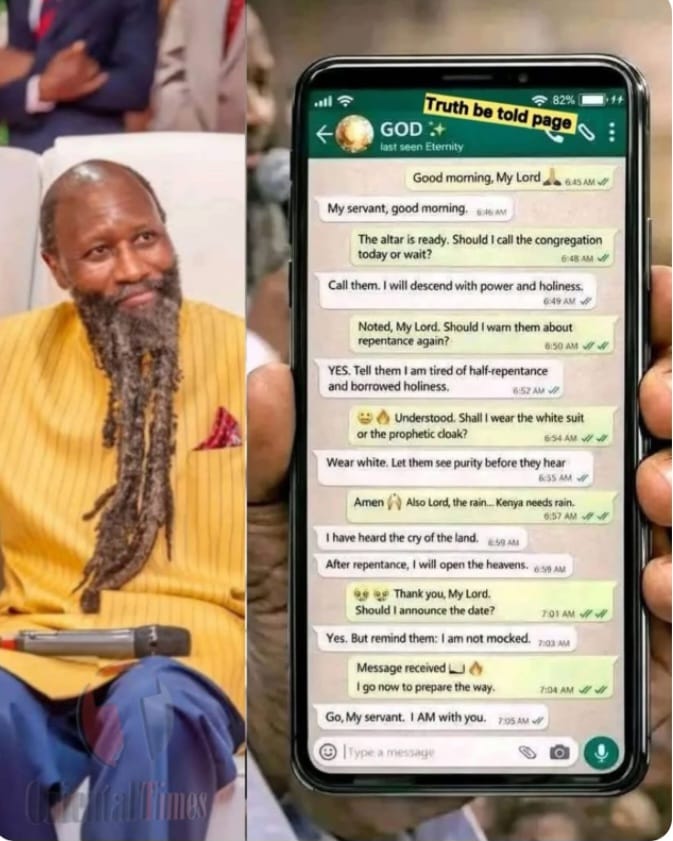
Viral “Chat With God” Claim Targeting Kenyan Prophet David Owuor Proven False
By George Omagbemi Sylvester, SaharaWeeklyNG
“Viral screenshot sparks national controversy as the Ministry of Repentance and Holiness dismisses fabricated “divine” WhatsApp exchange, raising urgent questions about faith, digital misinformation, and religious accountability in Kenya.”
A sensational social media claim that Kenyan evangelist Prophet Dr. David Owuor displayed a WhatsApp conversation between himself and God has been definitively debunked as misinformation, sparking national debate over digital misinformation, religious authority and faith-based claims in Kenya.
On February 18–19, 2026, an image purporting to show a WhatsApp exchange between a deity and Prophet Owuor circulated widely on Twitter, Facebook, WhatsApp groups and TikTok. The screenshot, allegedly shared during one of his sermons, was interpreted by many as illustrating unprecedented direct communication with the divine delivered through a mainstream messaging platform; a claim that, if true, would have broken new ground in how religious revelation is understood in contemporary society.
However, this narrative quickly unraveled. Owuor’s Ministry of Repentance and Holiness issued an unequivocal public statement calling the image “fabricated, baseless and malicious,” emphasizing that he has never communicated with God through WhatsApp and has not displayed any such digital conversation to congregants. The ministry urged the public and believers to disregard and stop sharing the image.
Independent analysis of the screenshot further undermined its credibility: timestamps in the image were internally inconsistent and the so-called exchange contained chronological impossibilities; clear indicators of digital fabrication rather than an authentic conversation.
This hoax coincides with rising scrutiny of Owuor’s ministry. Earlier in February 2026, national broadcaster TV47 aired an investigative report titled “Divine or Deceptive”, which examined alleged “miracle healing” claims associated with Owuor’s crusades, including assertions of curing HIV and other chronic illnesses. Portions of that investigation suggested some medical documentation linked to followers’ health outcomes were fraudulent or misleading, intensifying debate over the intersection of faith and public health.
Credible faith leaders have weighed in on the broader context. Elias Otieno, chairperson of the National Council of Churches of Kenya (NCCK), recently urged that “no religious leader should replace God or undermine medicine,” affirming a widely accepted Christian understanding that divine healing does not supplant established medical practice. He warned against unverified miracle claims that may endanger lives if believers forego medical treatment.
Renowned communications scholar Professor Pippa Norris has noted that in digital societies, “religious authority is increasingly contested in the public sphere,” and misinformation (intentional or accidental) can quickly erode trust in both religious and secular institutions. Such dynamics underscore the importance of rigorous fact-checking and responsible communication, especially when claims intersect profoundly with personal belief and public well-being.
In sum, the viral WhatsApp chat narrative was not a revelation from the divine but a striking example of how misinformation can exploit reverence for religious figures. Owuor’s swift repudiation of the false claim and broader commentary from established church bodies, underline the ongoing challenge of balancing deeply personal faith experiences with the evidence-based scrutiny necessary in a digitally connected world.
society
HOPE BEYOND THE WALLS 2026: ASSOCIATION OF MODELS SUCCESSFULLY SECURES RELEASE OF AN INMATE, CALLS FOR CONTINUED SUPPORT
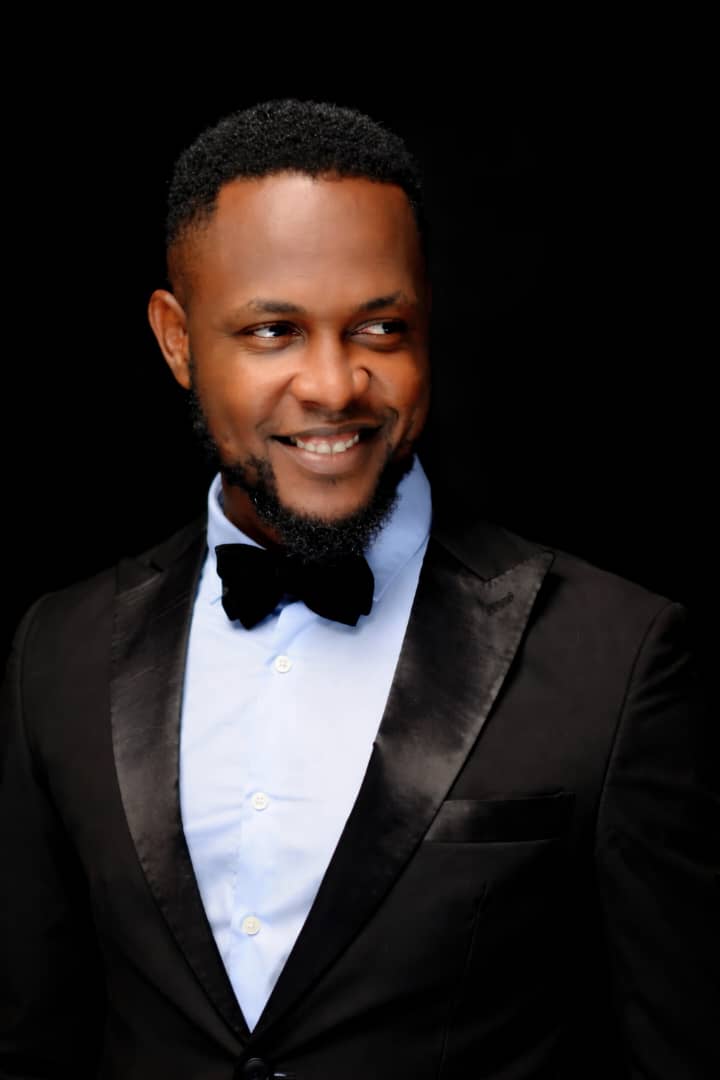
HOPE BEYOND THE WALLS 2026: ASSOCIATION OF MODELS SUCCESSFULLY SECURES RELEASE OF AN INMATE, CALLS FOR CONTINUED SUPPORT
The Association of Models (AOMNGO) proudly announces the successful completion of the first edition of Hope Beyond the Walls 2026, a humanitarian initiative dedicated to restoring hope and freedom to deserving inmates.
Despite enormous challenges, financial pressure, emotional strain, and operational stress, the organization remained committed to its mission. Through perseverance, faith, and collective support, one inmate has successfully regained freedom a powerful reminder that hope is stronger than circumstance.
This milestone did not come easily.
Behind the scenes were weeks of coordination, advocacy, fundraising, documentation, and intense engagement. There were moments of uncertainty, but the determination to give someone a second chance kept the vision alive.
Today, the Association of Models gives heartfelt appreciation to all partners and sponsors, both locally and internationally, who stood with us mentally, financially, morally, and physically.
Special Recognition and Appreciation To:
Correctional Service Zonal Headquarters Zone A Ikoyi
Esan Dele
Ololade Bakare
Ify
Kweme
Taiwo & Kehinde Solagbade
Segun
Mr David Olayiwola
Mr David Alabi
PPF Zion International
OlasGlam International
Razor
Mr Obinna
Mr Dele Bakare (VOB International)
Tawio Bakare
Kehinde Bakare
Hannah Bakare
Mrs Doyin Adeyemi
Shade Daniel
Mr Seyi United States
Toxan Global Enterprises Prison
Adeleke Otejo
Favour
Yetty Mama
Loko Tobi Jeannette
MOSES OLUWATOSIN OKIKIADE
Moses Okikiade
(Provenience Enterprise)
We also acknowledge the numerous businesses and private supporters whose names may not be individually mentioned but whose contributions were instrumental in achieving this success.
Your generosity made freedom possible.
A CALL TO ACTION
Hope Beyond the Walls is not a one-time event. It is a movement.
There are still many deserving inmates waiting for a second chance individuals who simply need financial assistance, legal support, and advocacy to reunite with their families and rebuild their lives.
The Association of Models is therefore calling on:
Corporate organizations
Local and international sponsors
Philanthropists
Faith-based organizations
Community leaders
Individuals with a heart for impact
to partner with us.
Our vision is clear:
To secure the release of inmates regularly monthly, quarterly, or during special intervention periods through structured support and transparent collaboration.
HOW TO SUPPORT
Interested partners and supporters can reach out via
Social Media: Official Handles Hope In Motion
Donations and sponsorship inquiries are welcome.
Together, we can turn difficult stories into testimonies of restoration.
ABOUT AOMNGO
The Association of Models (AOMNGO) is a humanitarian driven organization committed to advocacy, empowerment, and social impact. Through projects like Hope Beyond the Walls, the organization works tirelessly to restore dignity and create opportunities for individuals seeking a second chance.
“When we come together, walls fall and hope rises.”
For media interviews, partnerships, and sponsorship discussions, please contact the Association of Models directly.
society
SENATOR ADEOLA YAYI REGISTERS 4000 JAMB CANDIDATES
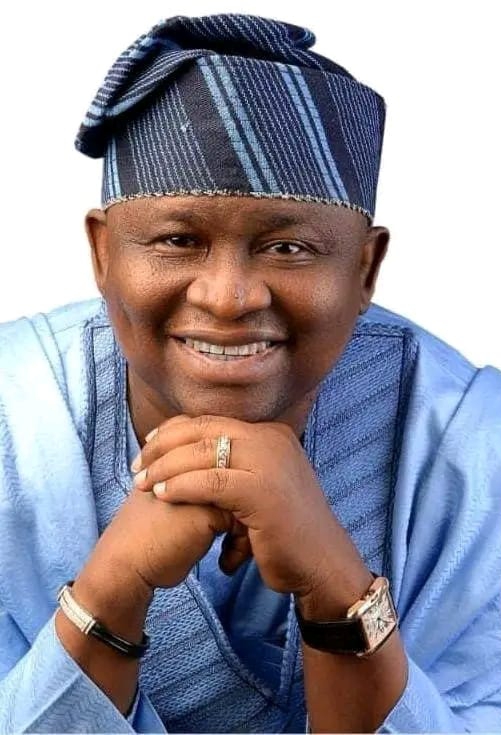
SENATOR ADEOLA YAYI REGISTERS 4000 JAMB CANDIDATES
In continuation of his educational support initiatives and following established tradition, Senator Solomon Adeola (APC,Ogun West) has successfully paid for and enrolled 4000 indigent students for the 2026 Joint Admission Matriculation Board(JAMB) examination.
According to a release e-signed and made available to members of the League of Yewa-Awori Media Practitioners (LOYAMP) by High Chief Kayode Odunaro, Media Adviser to Senator Adeola and shared with (your mediu), the programme financed by the senator under the “SEN YAYI FREE JAMB 2026” ended on Saturday , February 21, 2026, with a total of 4000 candidates successfully enrolled with their PINs provided.
Commenting on the success of the programme, Senator Adeola said the programme is another leg of his personal educational empowerment for indigent but brilliant citizens preparatory to his scholarship and bursary facilitation for tertiary education institutions’ students.
“As far as I can help it, none of our children will miss educational opportunities arising out of adverse economic predicament of their parents or guardians”, he stated.
Successful candidates cut across all the three senatorial districts of Ogun State with 2183 coming from Ogun West, 1358 coming from Ogun Central and 418 from Ogun East.
Some of the candidates that applied and are yet to get their PINs due wrong information supplied in their profiles and being underage as discovered by JAMB and other reasons are being further assisted to see the possibility of getting their PINs.
The Free JAMB programme of the Senator that has been running for years is well received by appreciative beneficiaries and their parents.
Alhaji Suara Adeyemi from Ipokia Local Government whose daughter successfully got her PIN in the programme said the Senator’s gesture was a welcome financial relief for his family at this period after payment of numerous school fees of other siblings of the beneficiary seeking admission to higher institution.
Also posting on the social media handle of the Senator, a beneficiary Mr. Henry Olaitan, from Odeda LGA said that he would have missed doing the entry examination as his guardian cannot afford the fees for himself and two of his children.
-

 celebrity radar - gossips6 months ago
celebrity radar - gossips6 months agoWhy Babangida’s Hilltop Home Became Nigeria’s Political “Mecca”
-

 society6 months ago
society6 months agoPower is a Loan, Not a Possession: The Sacred Duty of Planting People
-

 society5 months ago
society5 months agoReligion: Africa’s Oldest Weapon of Enslavement and the Forgotten Truth
-

 news6 months ago
news6 months agoTHE APPOINTMENT OF WASIU AYINDE BY THE FEDERAL GOVERNMENT AS AN AMBASSADOR SOUNDS EMBARRASSING




